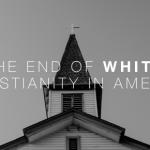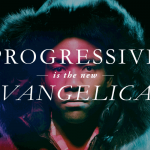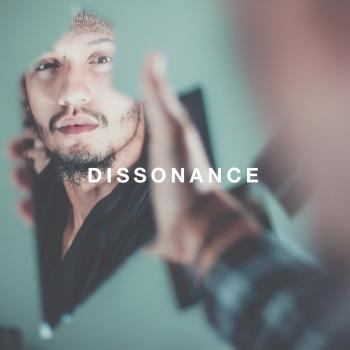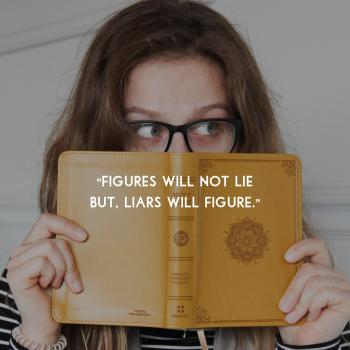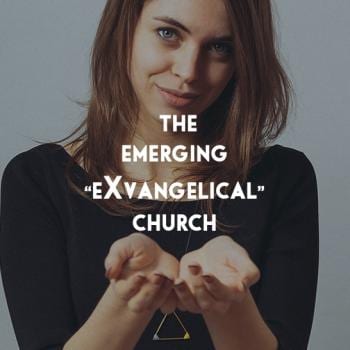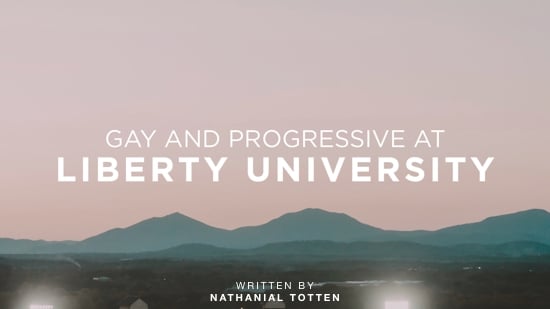
“This is what it’s like to be in a minority attending a school built by a moral majority.”
[Guest post from and by Nathanial Totten]
For many of you, Liberty University is something you love and value immensely; perhaps it’s where you work, where you met your spouse, or where you found the passion out of which you would begin a career. Maybe it even saved your life and gave you a future you never thought you’d have.
For many of us, who we are today – for better or for worse – exists largely because of the community we found at Liberty.
I write this not as a means of demeaning the value of your experiences and love for the institution – I respect you and consider all of these things tremendously sacred. I’m sure we can agree Liberty University has its share of flaws. Instead, I’m going to give you some honest perspective from my short three years of experiences at the largest evangelical Christian university in the world.
So here’s another piece of my journey, transparently and graciously laid out with the hope you can make space.
This is what it’s like to be in a minority attending a school built by a moral majority.
It was in the fall of 2014 that an awkward, scrawny, high-voiced embodiment of teenage cynicism stepped tepidly onto the pavement on Liberty University’s East Campus. This was my new normal. This was my new home. Everything was changing, and I was floored.
At the time, my future was as bright as the light of evangelicalism shining deep inside me. The promise of the largest evangelical Christian university in the world was immense, and I was in every way expectant for what I could learn, experience, and the connections I would build throughout my education.
Having been raised in traditional Lutheran schools, this was my promised land.
I grew up in a conservative Assemblies of God family with loving, gracious parents and two beautiful younger sisters. In the region of Michigan from whence I came, you won’t find very many Baptist or mainstream Protestant educational environments aside from Lutheran schools, such being of the conservative Missouri Synod variety (not the vastly more progressive Evangelical Lutheran Church in America).
I was active in every way, spending my school days as accompanist to our choirs, student director for our contemporary worship team, and serving on the weekends as a keyboardist at my family’s church.
Yet as you know if you’ve been following along, I had already been confronted with the immensity of my deepest secret: I’m gay.
Perhaps this new context could help me walk out of this “struggle”, and since the move was proving immensely stressful, it was the last thing on which I would expend any mental energy.
With this as my frame of reference, Liberty seemed to me the shining city on a hill into which years of pent-up liturgical angst swiftly propelled me. It was big, it was loud, and it was modern. Initial homesickness aside, to say I loved it would be a profound understatement. Liberty was everything I had wanted it to be and more.
Until it wasn’t.
The first major blow to my optimism came on December 4th, 2015. Shortly after the shooting in San Bernadino, California, Liberty’s President Jerry Falwell, Jr., made remarks during a routine Convocation on the campus’s new concealed carry push: “I’ve always thought that if more good people had concealed-carry permits, then we could end those Muslims before they walked in and killed us.”
He said this to a laughing, cheering audience of his most ardent supporters: his students.
I was among them, sitting on the far side of the room, shocked by the statements but humored by President Falwell’s dry wit and predictably terrible public speaking skills. I’d never imagined him as vicious or uncaring, just a poor communicator.
We laughed. We clapped. We celebrated.
Let’s step back and this question: what provoked this jubilant response?
Guns. Death. Violence.
Rhetoric certainly worthy of the label “Christian”.
These incidences became the norm as President Falwell would later give his full endorsement of then-candidate Trump, revel in partisanship, advocate on behalf of white evangelicals and their interests, and through it all, give utter disregard for the damage he was doing to his and the school’s reputation.
Yet much of the student body appeared to relish in it. We were in the spotlight making liberals mad, neoconservatives uncomfortable, and Jesus famous through our belligerent militarization of “gospel” – good news for white, straight evangelicals.
Any public opposition fed the narrative.

